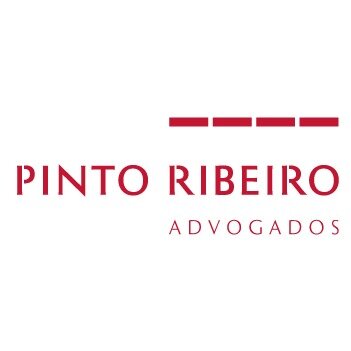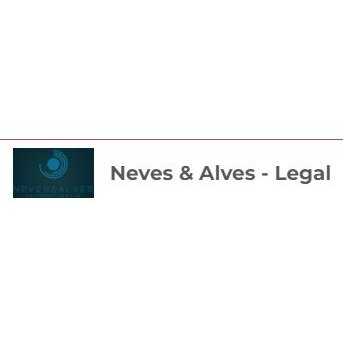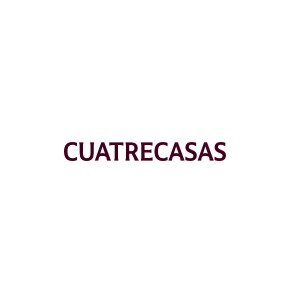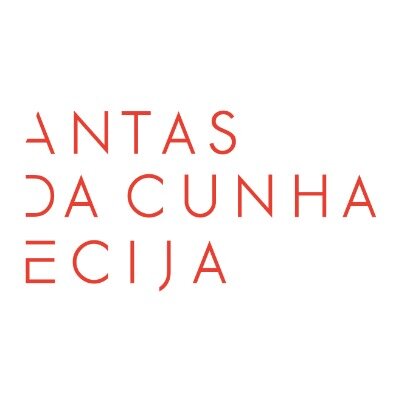Best Energy Regulatory Law Lawyers in Porto
Share your needs with us, get contacted by law firms.
Free. Takes 2 min.
List of the best lawyers in Porto, Portugal
About Energy Regulatory Law in Porto, Portugal
Energy Regulatory Law in Porto, Portugal, governs the generation, transmission, distribution, sale, and consumption of energy, with a particular focus on electricity and natural gas. This legal field ensures that energy markets operate efficiently, competitively, and in compliance with both national and European Union regulations. The main regulatory body is ERSE (Entidade Reguladora dos Serviços Energéticos), which oversees energy sector activities in Porto and throughout Portugal. The law covers licensing, tariffs and pricing, grid access, renewable energy incentives, consumer protection, and environmental compliance.
Why You May Need a Lawyer
Legal expertise in Energy Regulatory Law can become essential in several situations. If you are a business considering investment in renewable energy projects or infrastructure in Porto, understanding legal requirements is crucial. You may need a lawyer to navigate complex licensing processes, ensure compliance with environmental standards, or resolve disputes regarding tariffs or grid access. Residents or businesses who feel their rights as energy consumers have been violated, such as with unfair billing or service interruptions, may also benefit from legal advice. Additionally, lawyers can represent parties in regulatory investigations or appeals before administrative bodies such as ERSE.
Local Laws Overview
The energy sector in Porto is regulated under the framework of national legislation, namely the Portuguese Electricity System Law (Lei do Sistema Elétrico Nacional) and the Law on the Organization and Functioning of the National Electric System. These laws are complemented by EU directives concerning liberalization, competition, renewable energy integration, and energy efficiency. Key aspects include:
- Licensure requirements for producers, distributors, and retailers of electricity and gas.
- Obligations to ensure transparent, non-discriminatory grid access.
- Promotion of renewable energy sources through feed-in tariffs and auction mechanisms.
- Rules on consumer protection, billing, and dispute resolution.
- Environmental standards affecting the development and operation of energy facilities.
- Tariff-setting procedures regulated by ERSE, aimed at balancing investment and affordability.
Frequently Asked Questions
What does ERSE do in the context of Porto’s energy market?
ERSE is the regulator responsible for overseeing energy sector activities, ensuring compliance with legal requirements, monitoring prices and tariffs, and protecting the interests of both market participants and consumers.
Do I need a license to produce electricity for self-consumption in Porto?
Yes, but the requirements depend on the scale of production. Small installations for self-consumption (such as residential solar panels) require notification, while larger installations need formal licensing through local and national authorities.
How are electricity tariffs regulated in Porto?
Electricity tariffs are set and reviewed by ERSE, factoring in market costs, infrastructure investment needs, and consumer protection measures. Some consumers may benefit from regulated tariffs, while others contract prices directly with suppliers.
What incentives are available for renewable energy projects?
Portugal offers several incentives, including feed-in tariffs, competitive bidding processes for new projects, subsidies, and tax benefits, particularly for solar, wind, and hydroelectric power projects.
How does EU law impact energy regulation in Porto?
As an EU member, Portugal implements European Directives on internal market competition, renewable energy targets, emissions reductions, and energy efficiency. Local and national regulations in Porto must align with these mandates.
What are my rights as an energy consumer in Porto?
Consumers have rights to clear information, fair billing practices, non-discriminatory grid access, and rapid dispute resolution services, with protections enforced by both ERSE and the Directorate-General for Consumers.
How can disputes with energy providers be resolved?
Disputes can often be resolved through complaint mechanisms with energy suppliers or escalation to ERSE. For unresolved issues, consumers may seek assistance from alternative dispute resolution bodies or the courts.
What environmental regulations apply to energy projects?
Energy projects in Porto are subject to rigorous environmental licensing, including Environmental Impact Assessments, adherence to emission standards, and compliance with national and EU sustainability policies.
Can foreign companies invest in Porto’s energy sector?
Yes, Portugal encourages foreign investment in energy, especially in renewables and infrastructure. However, investors must comply with local licensing, regulatory, and environmental requirements.
What penalties exist for non-compliance with energy laws?
Penalties include administrative fines, suspension or revocation of operating licenses, and legal action. The severity depends on the nature of the violation and its impact on the market or public safety.
Additional Resources
For further support or information regarding Energy Regulatory Law in Porto, you may wish to contact the following:
- ERSE - Entidade Reguladora dos Serviços Energéticos: The national energy regulator offering guidelines, licensing information, and consumer protection resources.
- Direção-Geral de Energia e Geologia (DGEG): The governmental body overseeing energy planning and policy.
- Direção-Geral do Consumidor: Responsible for consumer rights and dispute resolution in utility sectors.
- Agência Portuguesa do Ambiente (APA): Handles environmental licensing and compliance for energy projects.
- Portuguese Energy Association (Associação Portuguesa de Energia): Industry association providing up-to-date legal and market developments.
- Local bar associations and legal professional directories in Porto for finding specialized lawyers.
Next Steps
If you require legal assistance regarding Energy Regulatory Law in Porto, consider the following steps:
- Identify the specific nature of your issue, such as licensing needs, consumer disputes, project development, or compliance questions.
- Gather all relevant documentation, including contracts, correspondence, bills, and regulatory notices.
- Contact a lawyer or legal advisor specialized in energy regulation. You can use local bar associations, legal directories, or seek recommendations from industry groups.
- Consult with regulatory bodies such as ERSE or DGEG for complementary guidance and preliminary clarifications.
- Prepare a list of questions and desired outcomes to discuss with your chosen legal expert for a more effective consultation.
By following these steps and utilizing available resources, you can better navigate the complex landscape of Energy Regulatory Law in Porto, Portugal, and protect your investments or rights within the sector.
Lawzana helps you find the best lawyers and law firms in Porto through a curated and pre-screened list of qualified legal professionals. Our platform offers rankings and detailed profiles of attorneys and law firms, allowing you to compare based on practice areas, including Energy Regulatory Law, experience, and client feedback.
Each profile includes a description of the firm's areas of practice, client reviews, team members and partners, year of establishment, spoken languages, office locations, contact information, social media presence, and any published articles or resources. Most firms on our platform speak English and are experienced in both local and international legal matters.
Get a quote from top-rated law firms in Porto, Portugal — quickly, securely, and without unnecessary hassle.
Disclaimer:
The information provided on this page is for general informational purposes only and does not constitute legal advice. While we strive to ensure the accuracy and relevance of the content, legal information may change over time, and interpretations of the law can vary. You should always consult with a qualified legal professional for advice specific to your situation.
We disclaim all liability for actions taken or not taken based on the content of this page. If you believe any information is incorrect or outdated, please contact us, and we will review and update it where appropriate.

















